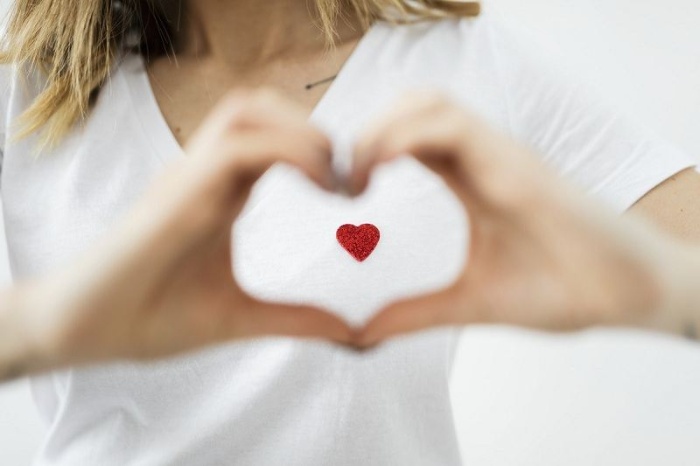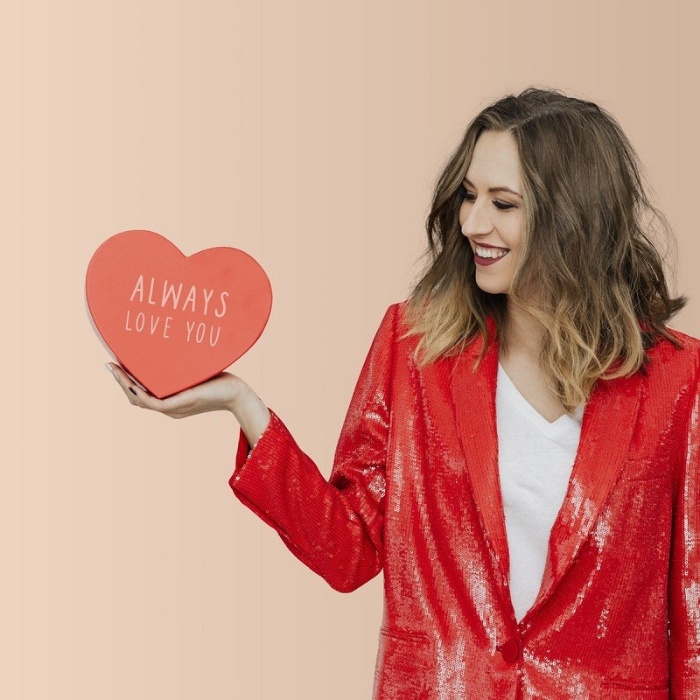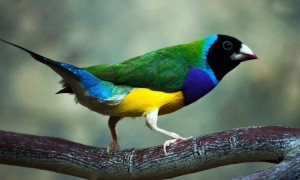There are so many definitions of love out there that it can get really hard to define being in love. We all know that love is the basis of our human existence. Yet, it turns out there are different ways of perceiving and expressing love. In this article, we want to explore together multiple layers of the feeling loved meaning. We are also about to examine how the experience of love has evolved in the last few decades.

Definitions Of Love And Affection
There are different feelings that are similar to, but not identical with love. It is particularly valuable to have a look at the love and affection definition. On the one hand, affection is a mild feeling of liking, fondness and caring that does not consist of romantic or passionate feelings. Humans usually express affection through words, gestures and touches (i.e. kiss on the cheek, hugging etc.). You can feel affection for people you do not necessarily love (i.e. colleagues, neighbours, friends, strangers).

On the other hand, love is a deeper and stronger feeling that may imply passion or love. In ancient Greece people used to believe that there are 4 types of love: eros, philia, storge and agape.

Eros refers to the passionate love between lovers that includes longing and desiring. Phileo is the platonic, affectionate, warm feelings we share with friends. Storеge refers to the way we love family members and relatives. And last, but not least agape refers to the pure love definition.

Definitions Of Love In Different Stages
People often say that experiencing instant feelings of attraction is different from the mature love definition. And indeed, there are various stages that romantic couples go through. The newlywed stage is full of attraction, romance and excitement.

The settling in a stage is about finding out if you two can work your way to emotional connection and commitment. The learning and growth stage is challenging. It requires both partners to do a lot of inner work and learn taking responsibility for their feelings.

After that, they enter the comfortable stage in which partners have their role and experience emotional stability. If the couple keeps on growing and going beyond comfort, it is possible to move to the unconditional love stage. In this stage, both partners have the capacity to be forgiving and understanding even in the midst of ups and downs.

Traditional vs. New Definitions Of Love
Nowadays, the idea of love as an individual choice is commonplace in a lot of cultures. However, this has not always been the case. Humans used to live in tribal communities where marriages were decided upon before birth. So, choosing a mate without family approval was basically impossible.

Until recently people also used to believe in the two-halves-make-a-whole definitions of love. Therefore it was not uncommon to look at an intimate bond as a dynamic in which two people come together to create a whole. However, more and more men are exploring their feelings, sensitivity and intuition (feminine energy). And more and more women are stepping into their worldliness and assertiveness (masculine energy). Therefore, people today are interested in what it takes to love as whole people.

According to the new definitions of love you should not measure love by how much time you spend with your partner. Just make sure that being together helps both of you embody more aliveness and increase your capacity for meaningful connection.



























